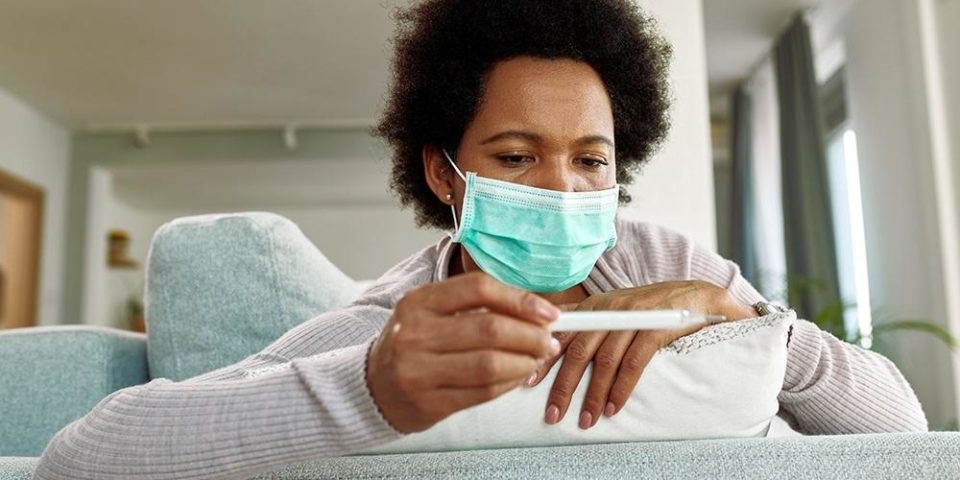What to do if you’ve been exposed to COVID-19
As COVID-19 continues to spread, more people know someone who has been infected with the virus, and some might have come into contact with them. So, what should you do if you’ve possibly been exposed to someone with COVID-19?
Prisma Health infectious disease specialist Edwin Hayes, MD, said it depends on the level of contact. Was this a casual passing in the hallway with both individuals wearing masks? Or is this someone that you’re living with and spending long periods of time and close company with?
If contact was limited, Dr. Hayes recommends these steps:
- Monitor your own symptoms
- Get your temperature checked daily to see if you have signs of a fever
- Consistently wear a mask
“If you think that you have a more concerning exposure, where you’re potentially living with someone who’s tested positive or has a high suspicion for COVID-19, it’s reasonable to monitor yourself closely, avoid contact with others and get tested yourself,” said Dr. Hayes.
What if I have no symptoms?
If you don’t have symptoms, testing five to seven days after an exposure may be more likely to yield an accurate result. Recent guidance from the Centers for Disease Control and Prevention (CDC) suggests getting tested if you have symptoms of COVID-19, have been in close contact with someone who has COVID-19 (especially if you are a vulnerable population), or if recommended by your healthcare provider. Questions about when to test should be addressed with your healthcare provider.
If I test positive, what do I do?
Dr. Hayes said it’s best to self-isolate if you test positive. “Stay at home as much as possible. If you’re living with other individuals who are potentially going to get sick from you, you can try and avoid having physical contact with them by staying in a separate room and eating meals separately.”
“If you’re going to be interacting with other people in your household or if you need to go out for some reason, you should be wearing a mask, washing your hands frequently, and again, just trying to stay as far away from other individuals as possible,” he said.
When am I no longer contagious?
If you didn’t require hospitalization, the CDC said you are no longer contagious after:
- At least 10 days since symptoms first appeared and
- At least 24 hours with no fever without fever-reducing medication and
- Symptoms have improved
Those who never develop symptoms can lift isolation precautions after 10 days have passed since the date of their positive test.
Once you leave isolation, it’s important to continue following the safety guidelines of washing hands, wearing a mask and social distancing.
“The most fundamental thing you want to do is to stop this problem before it starts, especially in those who are most susceptible to severe disease,” said Dr. Hayes.
Need care today?
Use an E-Visit for quick, convenient care. Just go online, answer questions about your symptoms and submit.
Get Care Now

